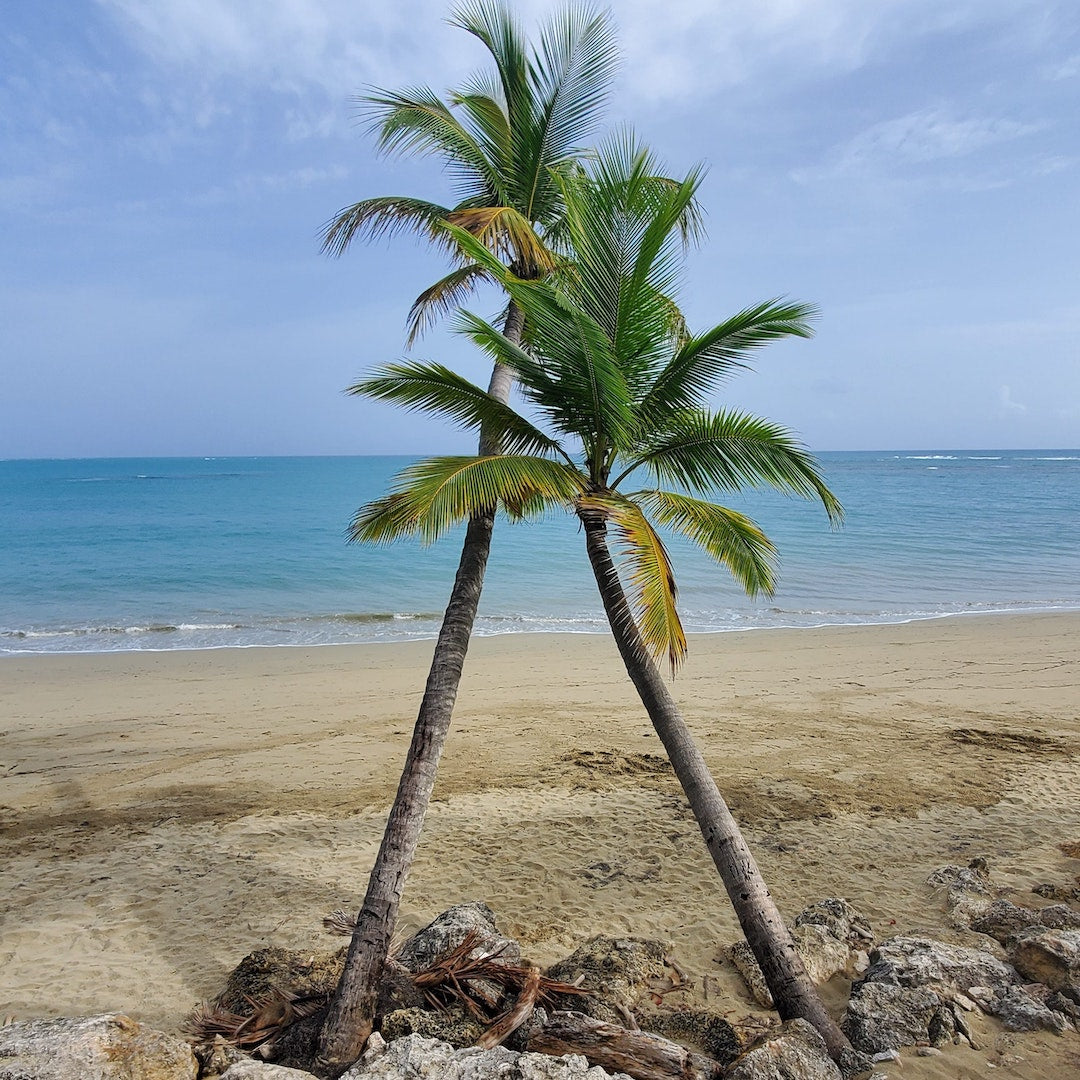
The Coconut Tree: A Testament to Life's Resilience
by grier govorko
·
In the world of botany, few plants hold as much significance as the coconut tree (Cocos nucifera). Often referred to as the "Tree of Life," this moniker is not merely a poetic metaphor. It is a testament to the tree's incredible versatility and resilience, qualities that mirror the essence of life itself. The coconut tree's resilience is evident in its ability to thrive in a variety of conditions. It is a quintessential symbol of the tropics, flourishing along sandy shorelines, braving salty sea breezes, and basking in the intense heat of the sun.
Yet, it is not merely the tree's survival in these harsh conditions that is impressive, but its ability to prosper, producing a bounty of coconuts year after year. The coconut tree's versatility is another reason it's earned the title of the "Tree of Life." Every part of the tree has a purpose, serving a multitude of uses that have sustained communities for generations. The coconuts themselves are a source of nourishment, providing refreshing water, sweet flesh, and oil rich in healthy fats. The husks and shells, once discarded, are now recognized for their value in creating charcoal and coir, a fiber used in products like mats and ropes. Even the leaves and trunk of the coconut tree are utilized, often crafted into furniture, roofing, and various tools.
But the coconut tree's significance extends beyond its practical uses. In many cultures, it holds a sacred status. In Hindu tradition, the coconut symbolizes selfless service, its hard exterior representing the ego that must be broken to access the purity within. In the Philippines, folklore tells of a time when humans could reincarnate as trees, and the coconut tree was the choice of those who wished to continue providing for their communities. These stories underscore the coconut tree's role as a symbol of life, generosity, and resilience.
The coconut tree's ability to provide sustenance and shelter, its resilience in the face of harsh conditions, and its deep-rooted cultural significance all contribute to its title as the "Tree of Life." But perhaps the most profound reason is this: the coconut tree embodies a fundamental principle of life, which is the capacity to adapt, to find purpose, and to thrive against all odds. In a world that often feels chaotic and challenging, the coconut tree stands as a reminder of life's enduring strength and versatility. It encourages us to adapt, to make the most of what we have, and to find purpose in every part of our existence.
The coconut tree, in its quiet, unassuming way, teaches us about the essence of life. It is not merely about survival, but about thriving, about making the most of our circumstances, and about serving others in whatever way we can.
So, the next time you sip on a refreshing glass of coconut water or use a product derived from this remarkable tree, take a moment to appreciate the coconut tree, the true "Tree of Life." Its lessons of resilience, adaptability, and service are ones we could all benefit from, especially in our modern, fast-paced world.